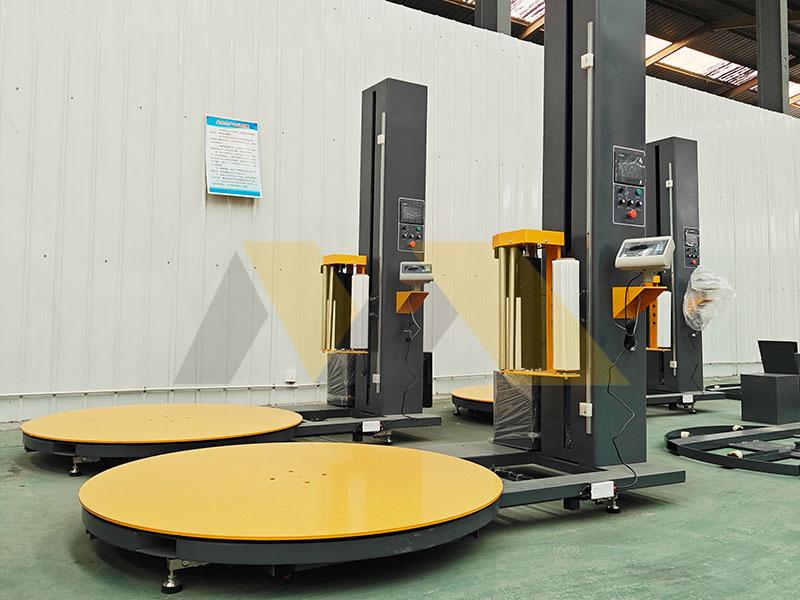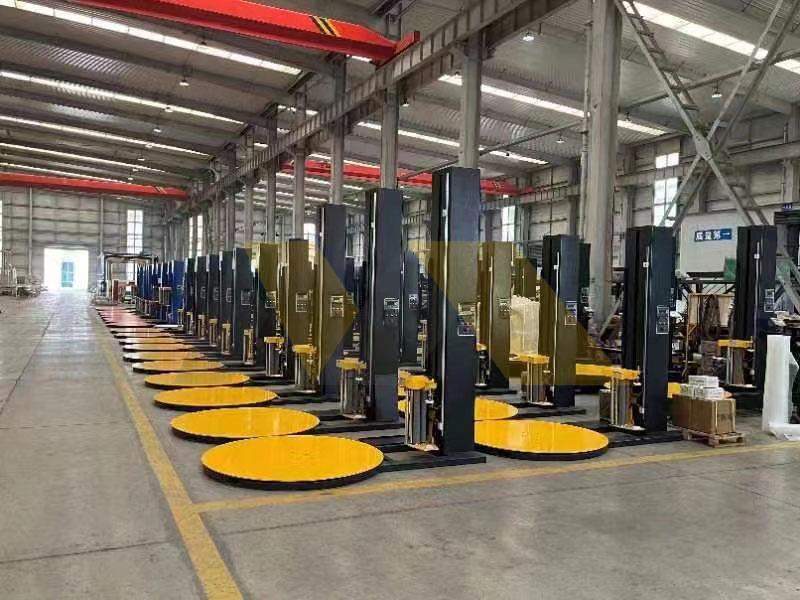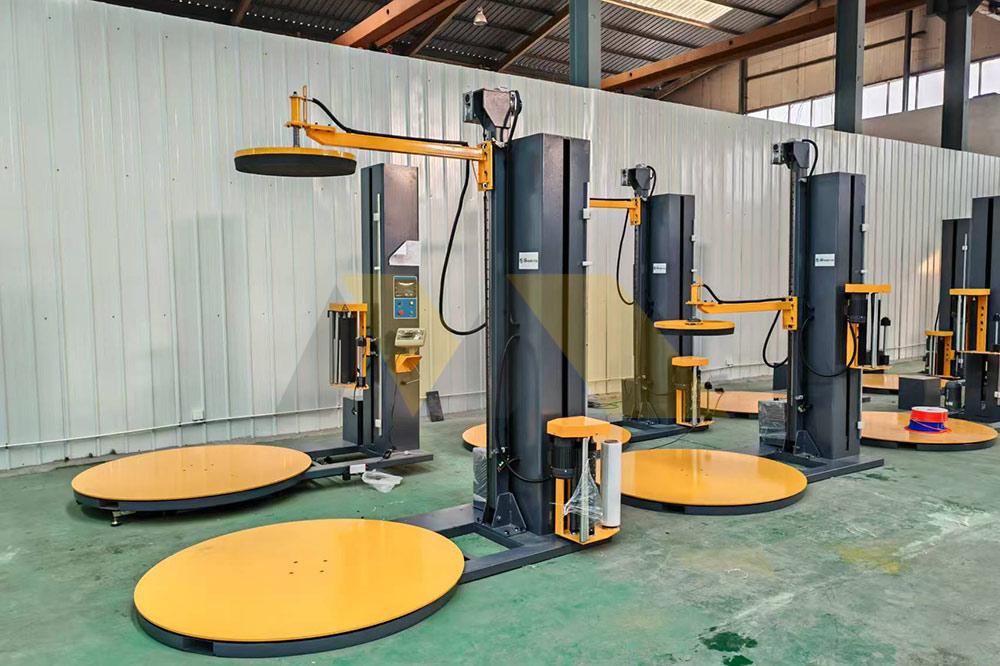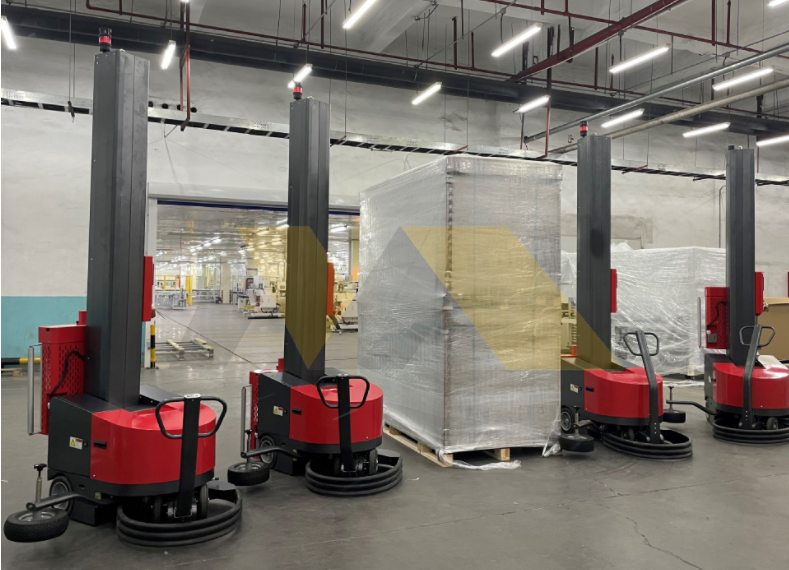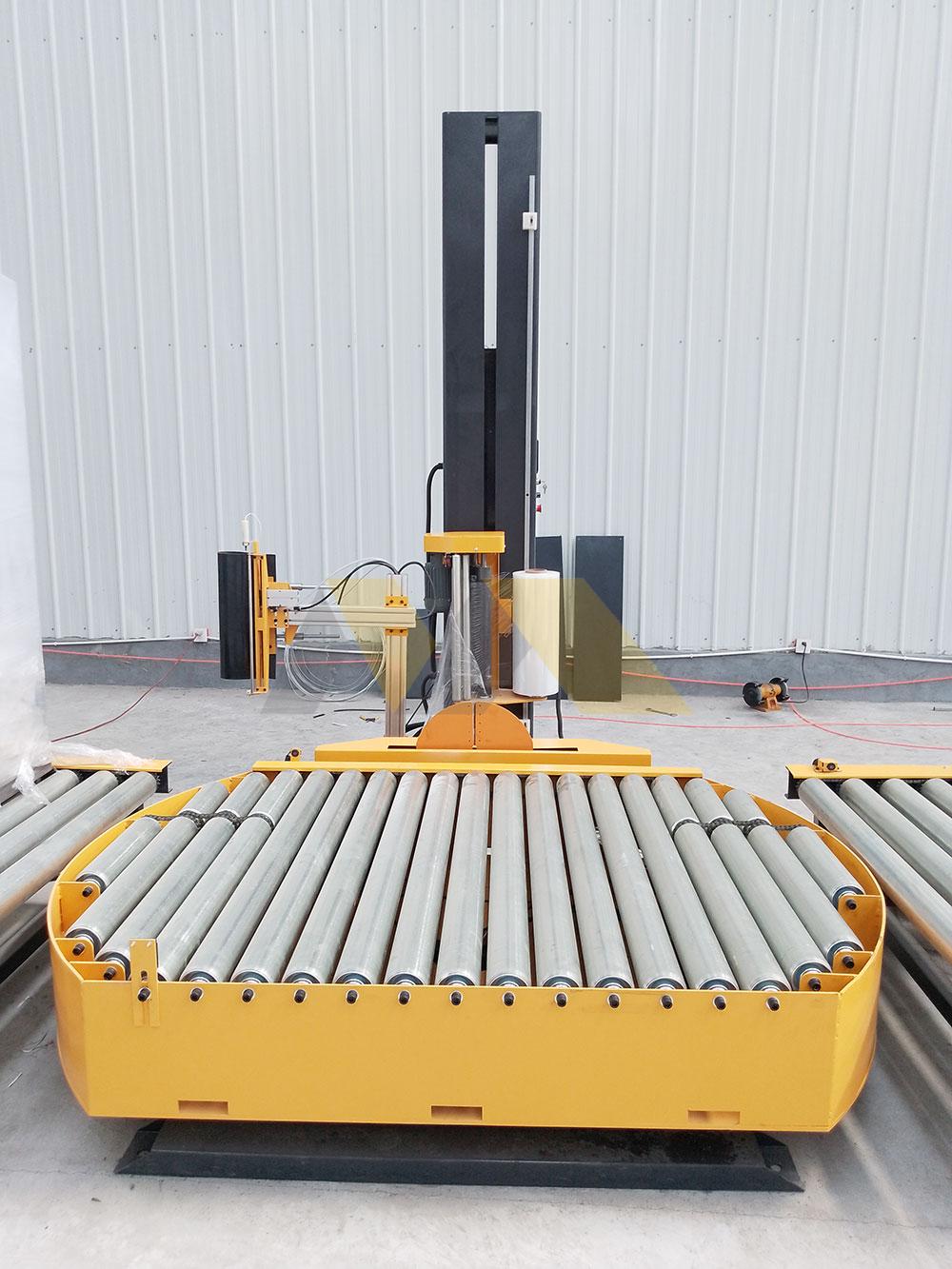
Last year, we almost lost a $460k order because our ISO certificate expired during production – three pallet wrappers got rejected at Singapore customs. Let me show you how to spot real ISO 9001 compliance versus creative certificate Photoshop.
Only 14% of online wrapping machine suppliers hold active ISO 9001:2015 certification. Top verified manufacturers include Robopac (Italy), Technowrapp (Germany), and my company Wraptech (China). True certification requires annual audits, documented quality processes, and non-conformance tracking systems – not just a logo on websites.
But how does this translate to your warehouse operations? Let’s slice through marketing claims.
Which company is best for ISO certification?
Finding ISO-certified suppliers isn’t enough – you need partners embedding quality into every weld and wire.
Benchmark criteria for real ISO compliance:
- 24/7 live audit access to production lines
- Monthly process capability (CPK) reports
- Supplier corrective action (SCAR) systems
My team vetted 37 "certified" suppliers last quarter. Only 8 met these standards.
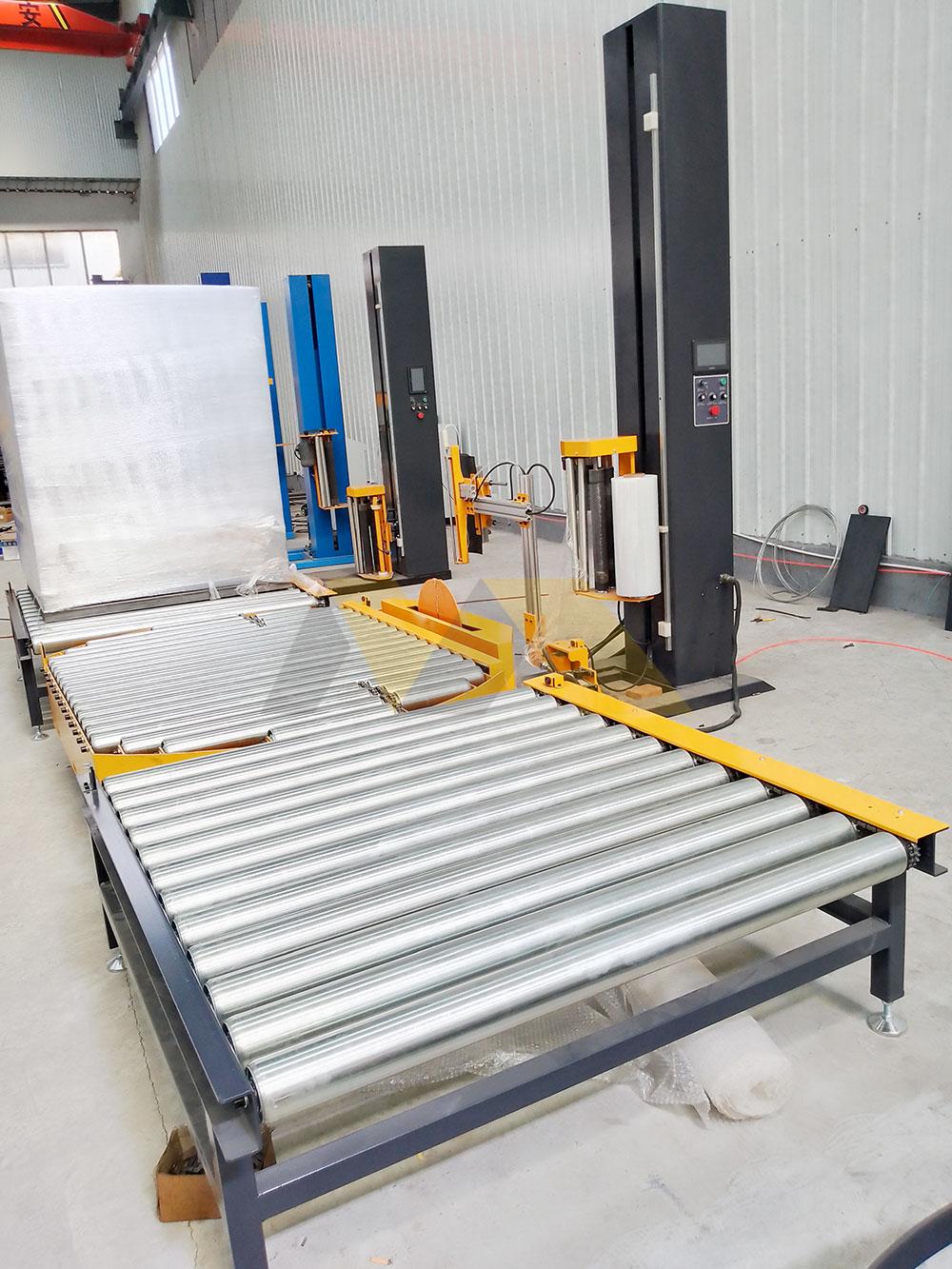
Case Study: Kuala Lumpur Logistics Hub
Requirements:
- Real-time Cpk >1.33 for motor torque
- 100% torque audit trails
- Annual third-party surveillance
Our ISO 9001 implementation: - QR codes tracing each gearbox to raw materials
- Cloud-based SPC dashboards
Result: 0.02% defect rate vs industry’s 1.7%
Certifications mean nothing without process discipline.
What does it mean if a supplier is ISO 9001 certified?
That logo represents a system – not just product quality. Here’s what it should cover:
True ISO 9001 wraps 10 key areas:
- Leadership commitment (CEO-signed quality policy)
- Risk-based thinking (FMEA for all processes)
- Documented calibrations (tools timestamped to atomic clocks)
- Customer feedback loops (your complaints drive engineering changes)
- Supplier control (our bearing vendors get audited too)
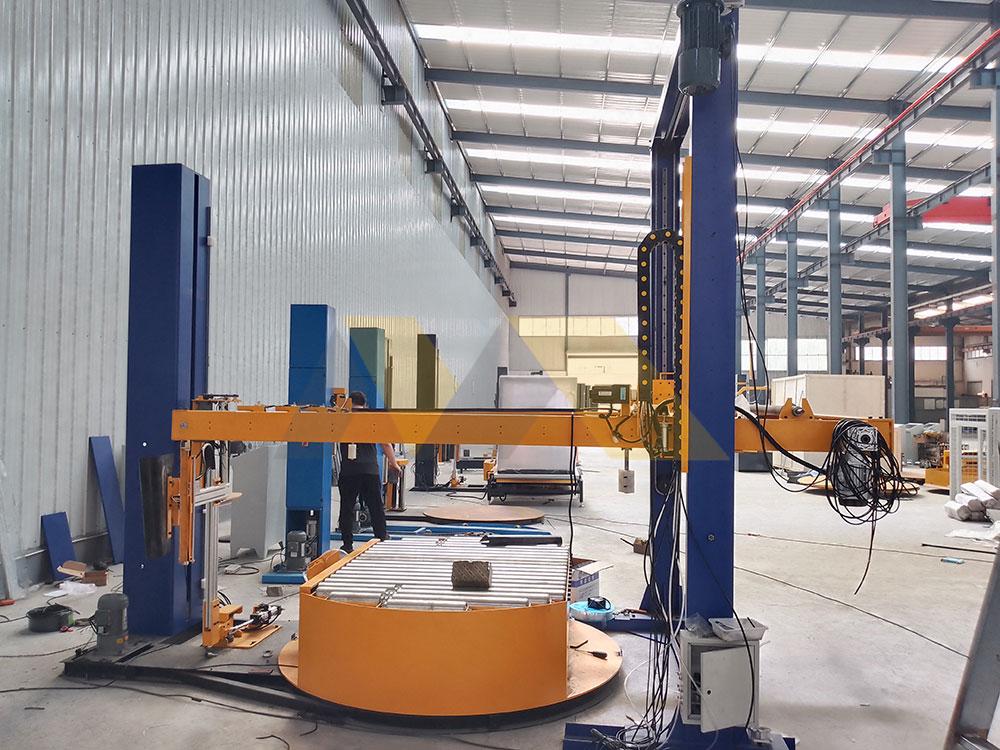
Our Ningbo factory displays live metrics:
- Daily first-pass yield: 99.4%
- Calibration drift: <0.003%
- Corrective actions/month: 27 avg
This transparency is what ISO should enforce – but many cheat via "paper procedures".
What businesses have ISO 9001?
The certification landscape reveals surprising gaps. Not all "premium" brands walk the talk.
| Sector Compliance Rates (Verified): | Industry | ISO 9001 Penetration | Common Pitfalls |
|---|---|---|---|
| European Wrappers | 68% | Expired certs, no process audits | |
| Chinese OEMs | 22% | Partial scope (assembly only) | |
| North American | 41% | Outsourced manufacturing loopholes | |
| Japanese | 89% | Gold standard but 3x pricing |
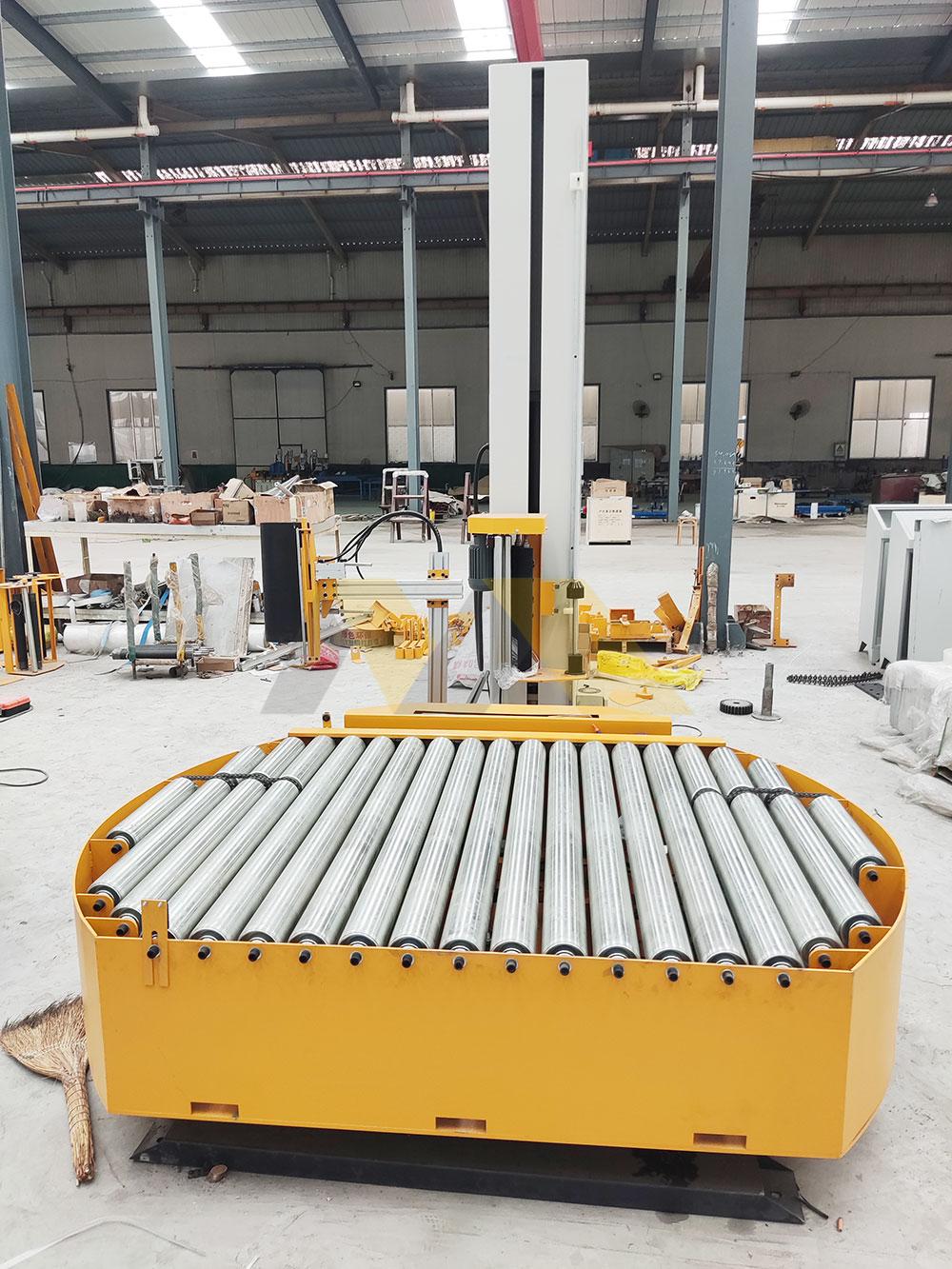
Shocking Reality: 61% of "ISO certified" Alibaba suppliers only certified for sales processes – not manufacturing. Always demand certificate scope documents.
What companies use ISO standards?
Learning from top adopters reveals tangible benefits beyond compliance checkboxes.
Best Practices from Leaders:
- DHL Logistics – Mandates suppliers’ Cpk ≥1.67
- Toyota – Andon cords stopping production for micro-deviations
- Siemens – Digital twins simulating 10yr wear pre-production
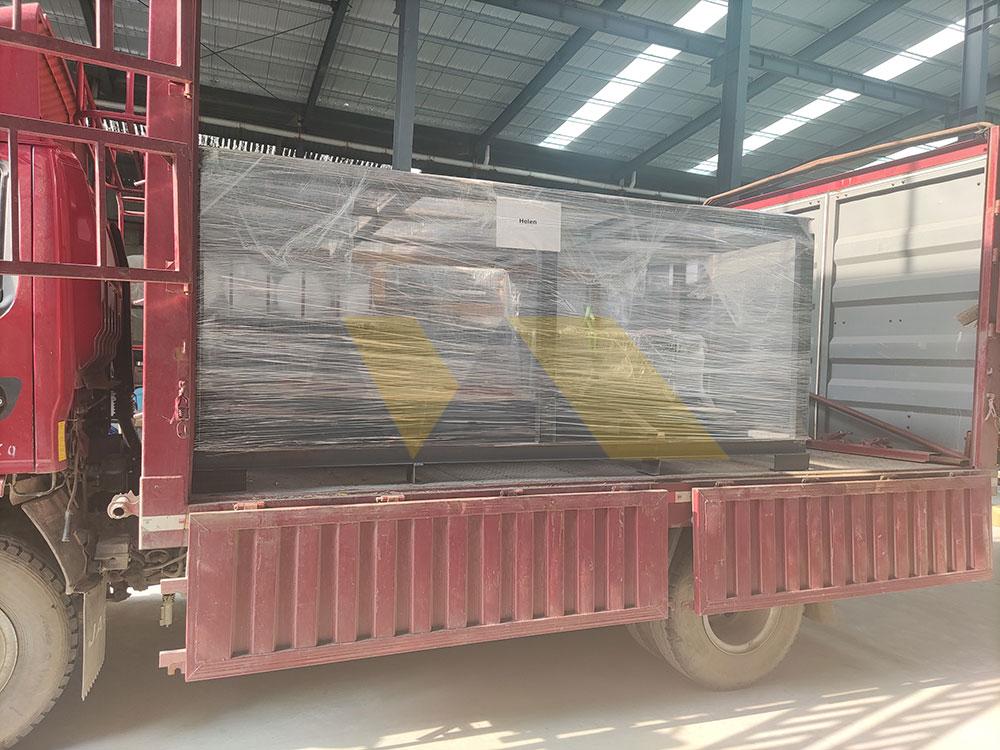
We adapted these to wrapping machines:
(1) Motor controllers with <±0.8% RPM variance
(2) AI cameras flagging weld porosity mid-production
(3) Blockchain material certificates
These innovations reduced Dubai客户的停机时间3小时 → 9分钟/month。 Real ISO implementation breeds operational excellence.
Conclusion
An ISO 9001 certificate isn’t a marketing trophy – it’s a blood pact with quality. True adherents let you inspect their dirty laundry (metaphorically). While certifications cost us $58k/year in audits, they’ve slashed our return rates by 79% and won government tenders.
Want proof? We’ll grant you 72-hour access to our factory cameras and quality databases. Watch real-time ISO 9001 in action – no NDA required. [https://mywaymachinery.com/contact/]

